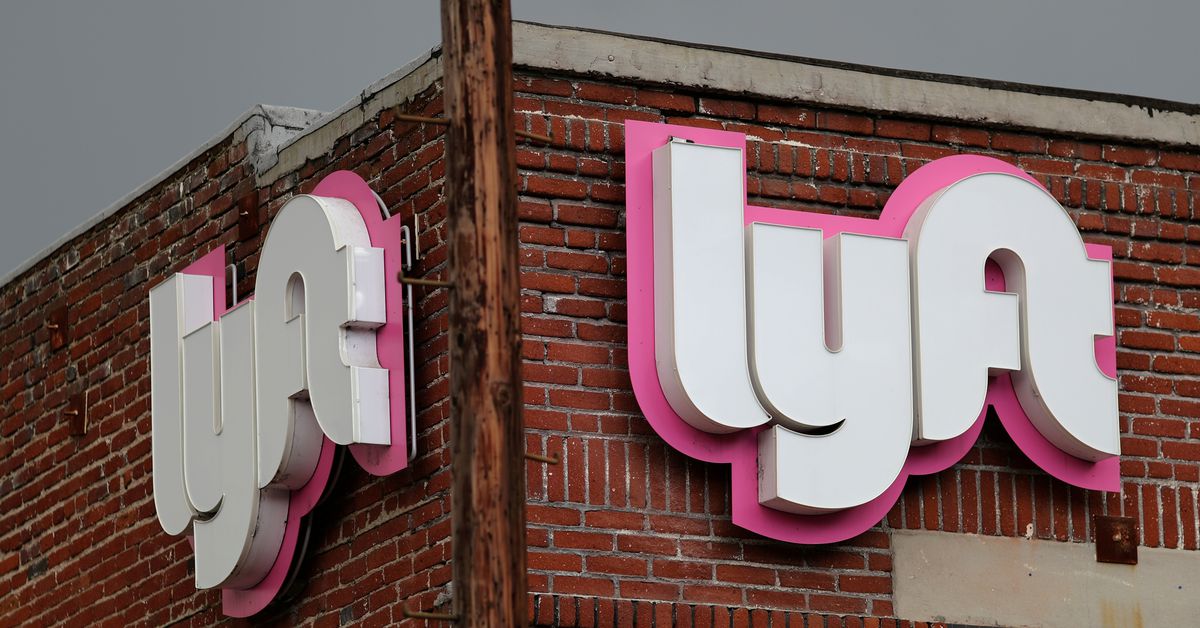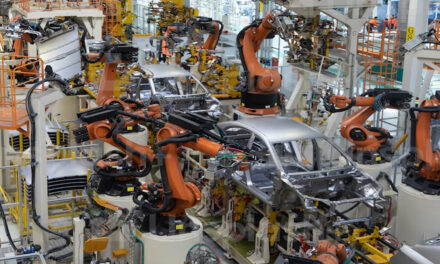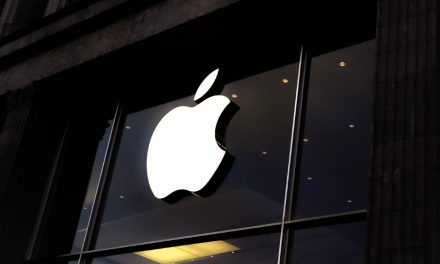Ride-hailing company Lyft Inc. is slated to sell Woven Planet Holdings, its self-driving car division and subsidiary of Japan’s Toyota Motor Corporation, for $550 million. The move is set to help Lyft turn in a profit quite earlier than expected.
The ride-hailing provider’s shift from the making of self-driving cars comes in the wake of rival Uber’s own departure from the autonomous driving scene in late 2020.
Likewise, both companies are in the process of rethinking and overhauling their business initiatives, given how the coronavirus pandemic has severely impacted the ride-hailing industry.
Accelerated Profitability
According to a statement from Lyft, the sale is expected to save the company up to $100 million in operating expenses. This, in turn, is expected to improve the company’s profitability. This growth is expected on an adjusted basis, pending taxes, depreciation, interest rates, as well as amortisation come Q3-2021.
Before the announcement of the impending sale, Lyft expected to hit the milestone by the fourth quarter of this year, running neck and neck with Uber.
The announcement’s impact became immediately apparent during after-hours trading last April 26th when Lyft’s share value rose by nearly 3%.
Both Lyft and Uber delved into the prospect of developing self-driven vehicles a few years ago when both companies sought to expand their reach beyond their core businesses, spurred on by copious investments for development.
However, over time, the companies both faced billions of dollars in losses. The drastic drop in demand for ride-hailing services caused by the pandemic has forced Lyft and Uber to rethink their business strategies and overhaul long-term plans.
Lyft and Toyota are expected to sign off on the deal by the third quarter of this year, pending regulatory approval.
A Five-Year Investment
According to the official statement released by Lyft, Woven Planet Holdings will pay the ride-hailing company $200 million up front per the stipulations of the contract between the two companies.
The remainder of the amount, $350 million in total, will be incrementally paid in cash over a five-year-period.
A Push in the Right Direction
Established in January of this year, Woven Planet is a Toyota subsidiary specifically dedicated to developing and producing autonomous technology.
Its purchase of Lyft’s autonomous driving development arm essentially solidifies the Japanese automaker’s presence in Silicon Valley. It will be instrumental in the accelerated development of its Woven City, its technologically-enhanced urban planning initiative in the foothills of Mount Fuji.
However, this is not Toyota’s initial buy into the Western self-driving technologies sector. In 2018, it invested approximately $500 million into a joint development initiative with Uber.
In December of last year, tech start-up Aurora Innovation Inc. bought out Uber’s self-driving tech unit. It later announced that it was teaming up with Toyota and Denso Corporation to develop autonomous vehicles for use by other ride-hailing companies.
Experts in both Japan and the US have hailed Woven Planet’s acquisition of Lyft’s autonomous tech arm as a step in the right direction for Toyota, bringing it closer to its goal of developing automated driving technologies for a variety of purposes.















